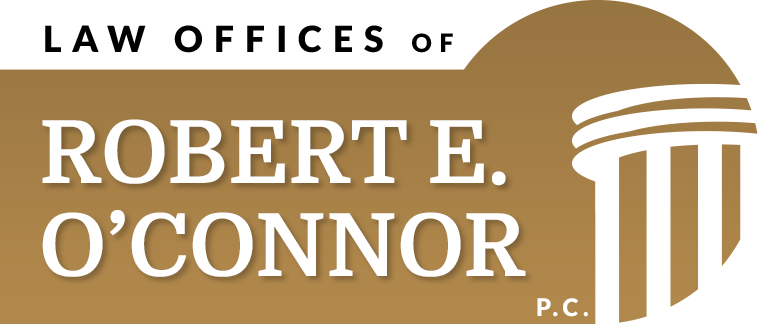Understanding Probate in Pennsylvania

Have you lost a loved one recently? Or are you having to go through the process of probate in Pennsylvania?
If so, you are in the right place to learn some important things about probate in Pennsylvania.
Of course, you should always consult expert probate attorneys or estate planning and wills attorneys from the Law Offices of Robert E. O’Connor, P.C. in Media, PA to help you navigate probate in Pennsylvania.
That being said, let’s discuss what probate is, when it is necessary, the steps involved, and more, to shed some light on this complex process.
What Is Probate?
Probate is a legal process of the administration of a deceased person’s will, or of their estate without a will. It occurs after a loved one dies, where a court supervises the distribution of the deceased person’s assets and property to their heirs and beneficiaries.
When Is Probate Necessary?
In Pennsylvania, like most other states, probate becomes necessary when someone dies with assets that are solely in their name, especially without a beneficiary or joint owner with right of survivorship.
This can include assets like personal property, real estate, investments, and bank accounts. If your loved one dies without a will in Pennsylvania, their entire estate will go through probate.
The distribution of their estate and all its assets will be conducted by the courts, based on the intestacy laws of Pennsylvania.
Steps Involved in the Probate Process in Pennsylvania
The initial step in the probate process is to file a petition with the court to open the estate. The court will then appoint an executor or administrator of the estate.
This appointed individual is responsible for the collection of the deceased person’s assets, paying off their debts and taxes, and the distribution of their assets according to their will, or according to intestacy laws in the absence of a will.
During the probate process, the executor or administrator must provide notice to beneficiaries and creditors, file tax returns, and obtain court approval before distributing the assets to beneficiaries.
The executor or administrator of the estate is responsible for managing the affairs of the deceased person’s estate during the probate process. They also have a fiduciary duty to act in the best interests of the estate and its beneficiaries.
Often, probate can be a lengthy process that may take several months or even years, depending on the complexities of the estate in question. Matters can take even longer if any disputes arise among the deceased person’s family or beneficiaries.
Common Issues During Probate in Pennsylvania
There are several issues that can arise during probate in Pennsylvania. Common issues include disputes among family members or beneficiaries, challenges to the validity of the will, and difficulty in valuing and distributing the assets.
Understanding probate in Pennsylvania and taking the right measures before passing can help people avoid such issues.
Tips to Avoid Issues During Probate in Pennsylvania
It is easy to avoid common issues during probate if the deceased person takes the right measures during their lifetime. For example, making a clear and comprehensive will with a trusted attorney can help avoid any challenges to its validity.
Keeping good records of assets, debts, beneficiary designations, and joint ownership with right of survivorship makes it easier to value and distribute the estate. Lastly, clear communication with their loved ones can prevent disputes from arising after their passing.
Conclusion
We highly recommend consulting a professional probate attorney or will attorney at the Law Offices of Robert E. O’Connor, P.C. in Media, PA. His team of professional probate and estate planning experts can help you navigate the complexities of probate in Pennsylvania, and secure the future of your estate and loved ones.
If you want to learn more about probate in Pennsylvania, intestacy laws in Pennsylvania, or about the most reputable probate attorneys and estate planning in Media, PA, please visit our website today.
